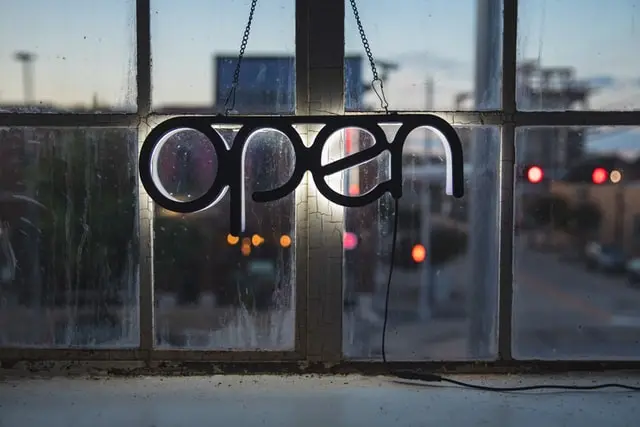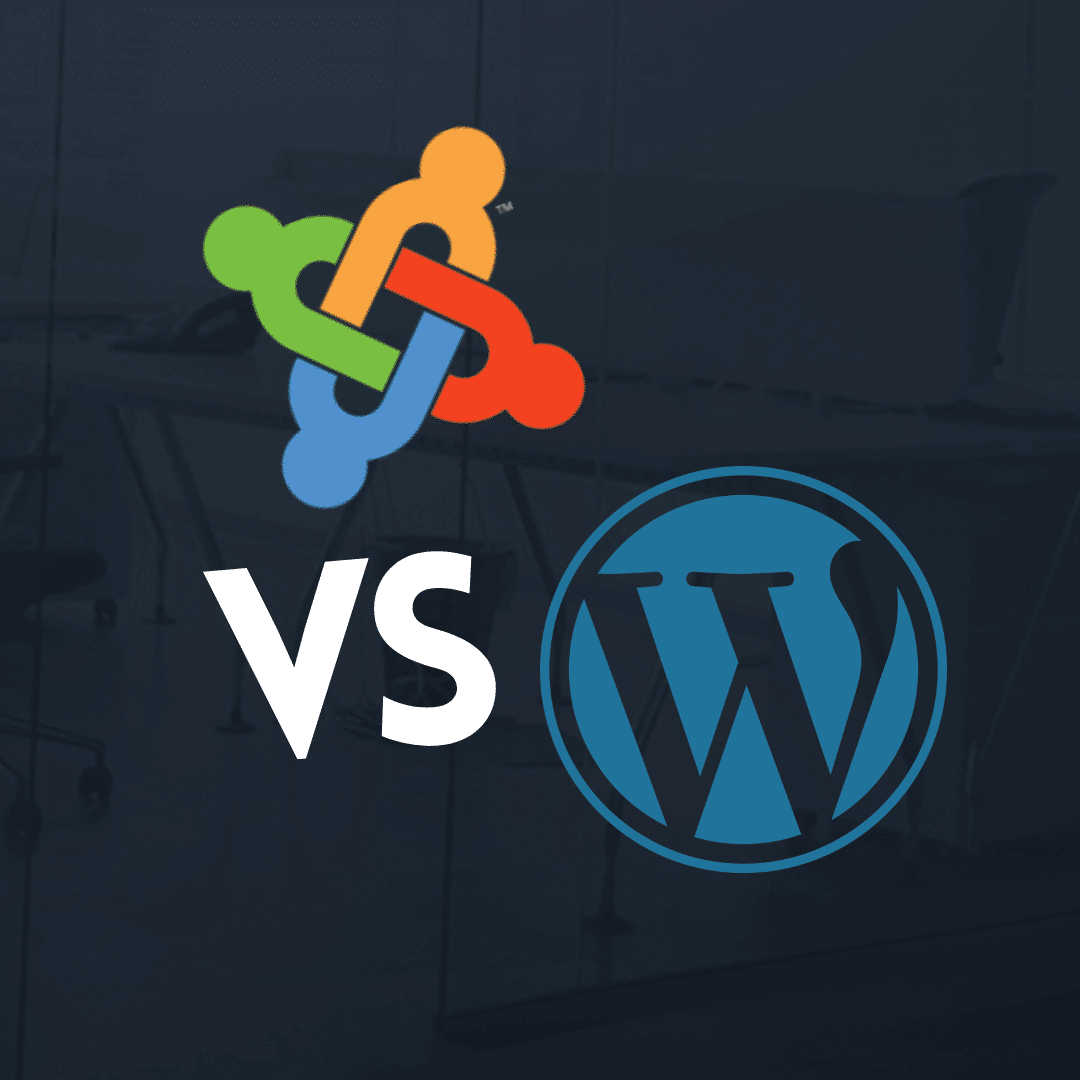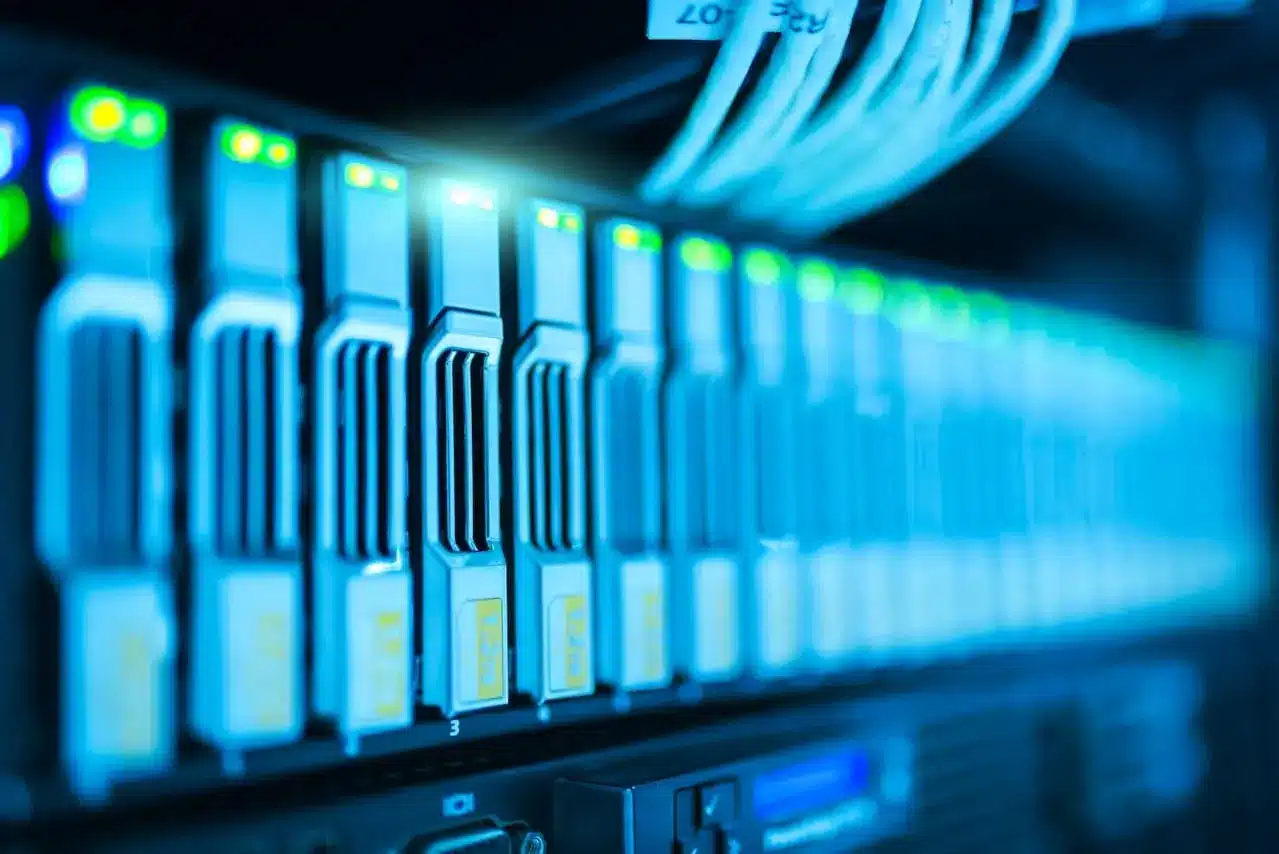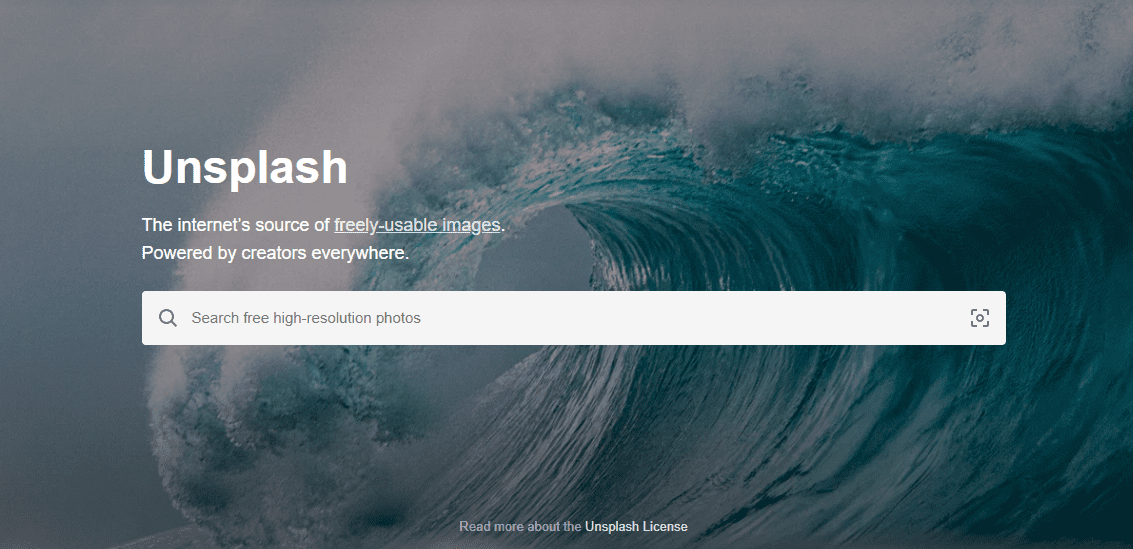Reasons Why Open Source is Better Than Proprietary.
Open source refers to a type of software that can be freely used, shared and modified by anyone. It is often associated with the GNU/Linux operating system, an open-source, Unix-like computer operating system. In contrast to proprietary software, which is owned and controlled by a single company or corporation, open source software is made available under licenses that permit its use in any manner without payment of licensing fees. Open-source software projects are typically distributed free of charge for use or adaptation (i.e., “free as in freedom”), at least in the sense that the source code is available for anyone to inspect and adapt as they see fit. This means it’s not difficult to install on your computer, create a patch for it if needed or port it for another platform. However, there are benefits to using open source rather than proprietary software–here are some reasons why you should consider doing so.
Open Source is Better Than Proprietary.
Open-source software is a type of software that allows users to modify and share the code. This means it’s not difficult to install on your computer, create a patch for it if needed or port it for another platform. In contrast, proprietary software is owned and controlled by a single company or corporation.
Proprietary software can be expensive to purchase and difficult to use. For example, Adobe Photoshop CC costs $9.99 per month and Microsoft Office 365 Personal costs $7.99 per month–and these prices don’t include the cost of any equipment you might need, like a mouse or an external hard drive!
In contrast, open-source software is usually distributed free of charge for use or adaptation (i.e., “free as in freedom”), meaning it doesn’t cost anything to get started with.
There are various benefits for using open-source instead of proprietary software:
*It’s easy to install on your computer because there are no licensing fees involved. You can build up your computer skills by installing open-source on your machine and learning how it works without having to pay for expensive equipment like a mouse or hard drive!
*Open-source projects are typically distributed free of charge for use or adaptation
7 Reasons Why Open Source is Better Than Proprietary.
Proprietary software is closed-source, meaning that it’s not open to the public. It cannot be modified or viewed without the express permission of the corporation that owns it. Meaning, if you’re experiencing problems with a proprietary software product, there’s nothing you can do about it.
Open-source software, on the other hand, can be modified or fixed by anyone who knows how to do so. This means that any bugs are easier to find and fix for your company.
Furthermore, proprietary software can often cost much more than open-source alternatives because they are only sold through one company. For example, Microsoft Office is priced at $99.99 per year, while LibreOffice costs $0 after installation and OpenOffice is free of charge.
Additionally, many open source licenses require code contributions back to the community as a requirement of use: this ensures new features and bug fixes will continue to be added by developers and therefore won’t break over time.
Conclusion
Open source allows for an unlimited amount of possibilities due to its collaborative nature. This article will present seven major advantages open source has over proprietary software.
1. Open Source allows for an unlimited amount of possibilities due to its collaborative nature.
2. Open Source software is often more secure than proprietary software.
3. Open Source allows for free upgrades to the latest versions.
4. Open Source is available on a wide variety of platforms.
5. Open Source is more resistant to vendor lock-in.
6. Open Source code is often more reliable than proprietary software.
7. Open Source is not at risk because of patent infringement, unlike proprietary software.






